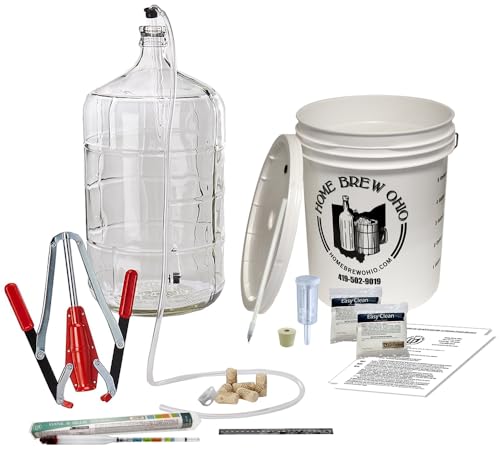wineforfun
Still Trying To Make The Perfect Wine and Now Tryi
- Joined
- Nov 5, 2012
- Messages
- 2,707
- Reaction score
- 898
Couple of thoughts or more like questions on pH. Thanks to JimmyT on here, I have purchased a pH tester. With that said, I started thinking about what the real importance of checking it is.
Say a person is making wine(non-grape, mostly country fruit and dragon blood-type) that will be consumed in 6-18mos. time, with an ABV of 12-13%, does it really matter if the pH reading is low(2.5) or high(4.5)?
Also, does a low or high pH impact flavor or moreso, how does it impact it? I would think that would be up to each individual as maybe some like their wine with alot of acid in them and some may like them with hardly any at all.
I know there is a correlation between pH and SO2 levels but was just curious about the above or any other thoughts you may have. I read the tutorial on pH on here but didn't really see any specifics.
Thanks.
Say a person is making wine(non-grape, mostly country fruit and dragon blood-type) that will be consumed in 6-18mos. time, with an ABV of 12-13%, does it really matter if the pH reading is low(2.5) or high(4.5)?
Also, does a low or high pH impact flavor or moreso, how does it impact it? I would think that would be up to each individual as maybe some like their wine with alot of acid in them and some may like them with hardly any at all.
I know there is a correlation between pH and SO2 levels but was just curious about the above or any other thoughts you may have. I read the tutorial on pH on here but didn't really see any specifics.
Thanks.











































